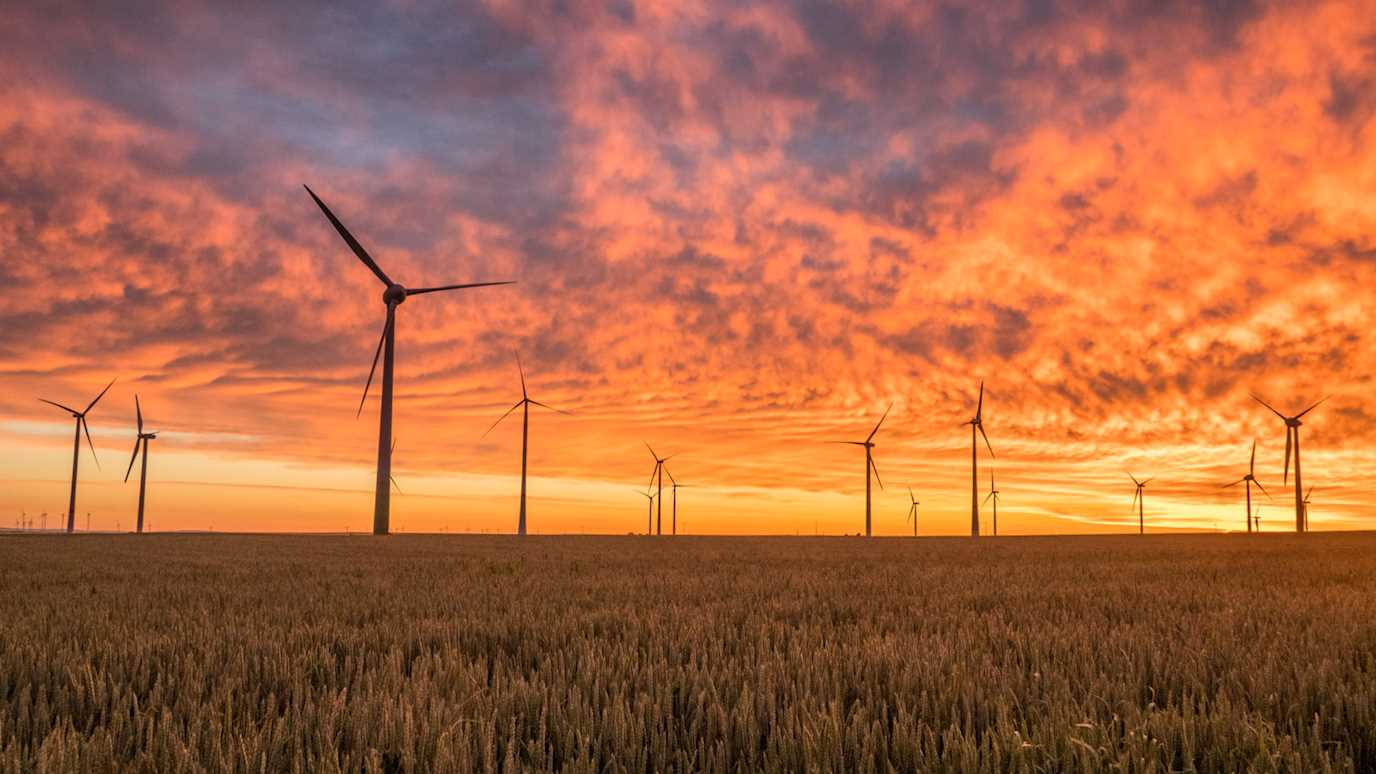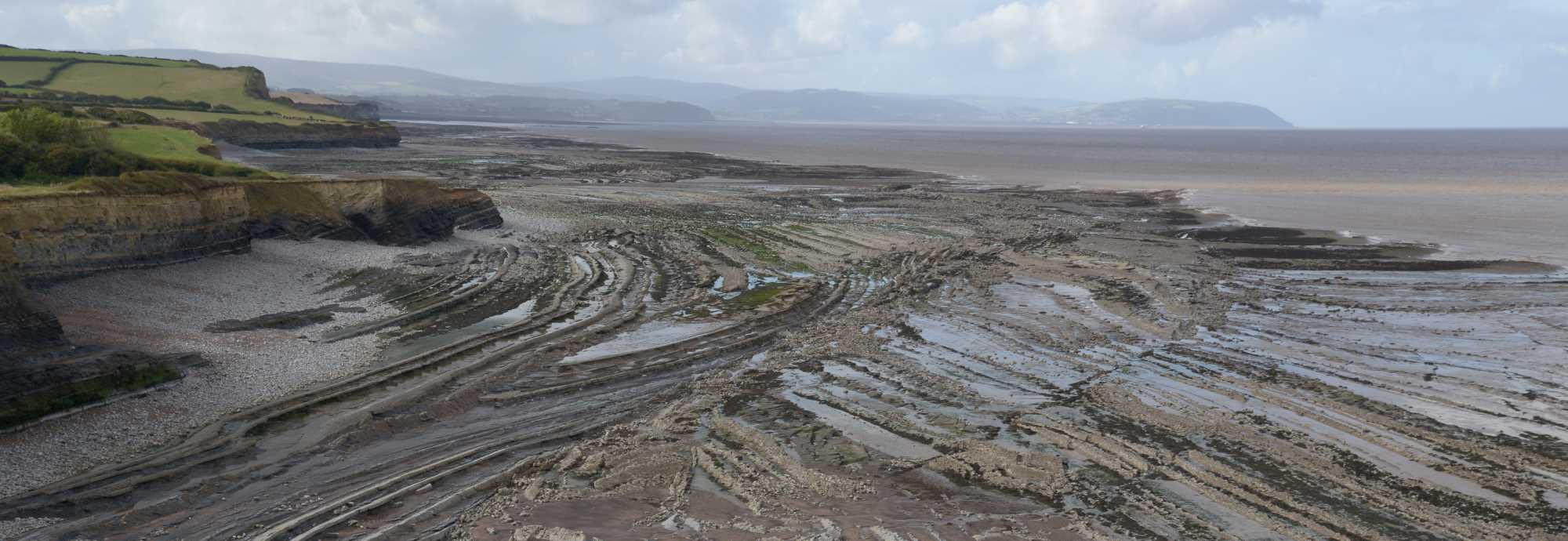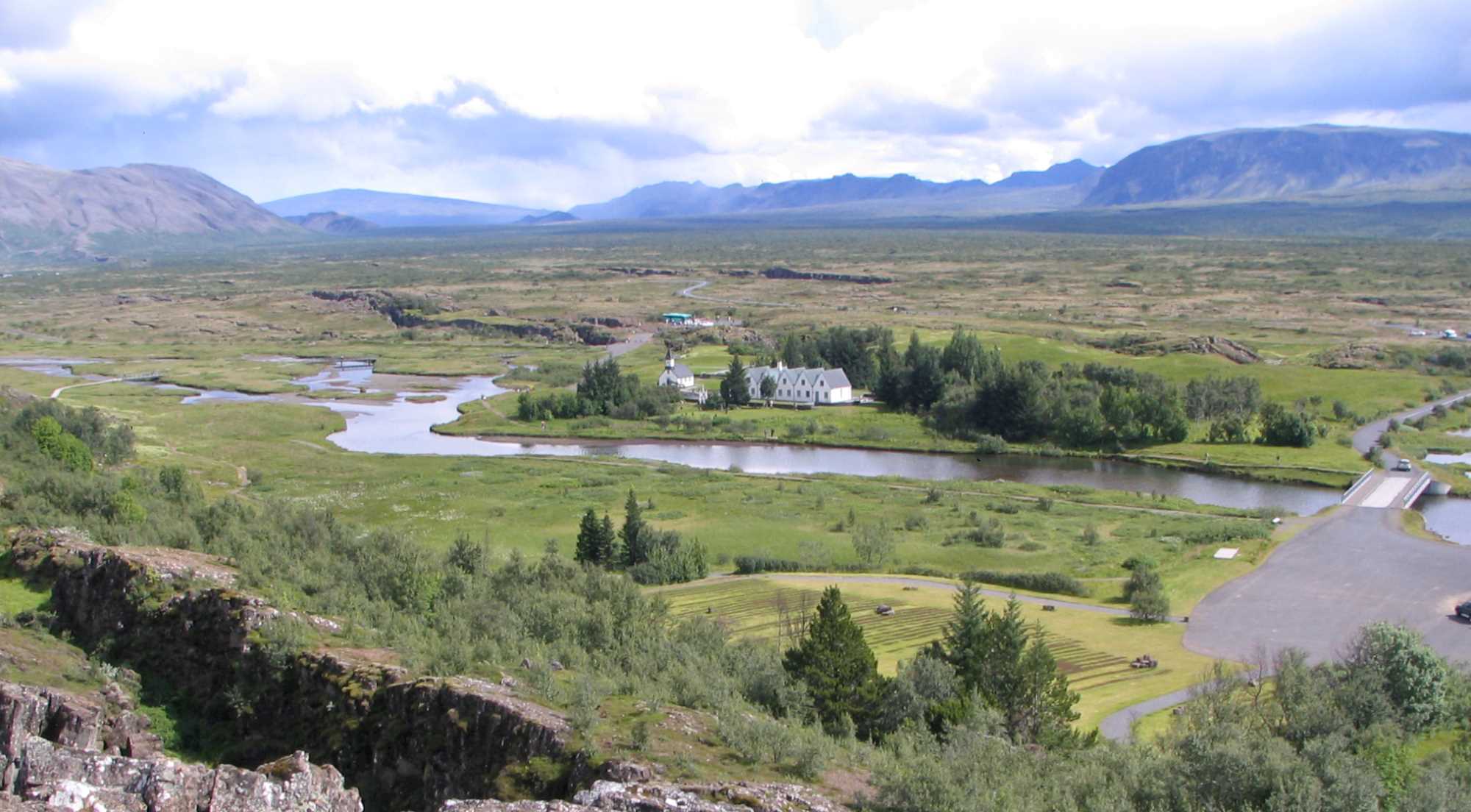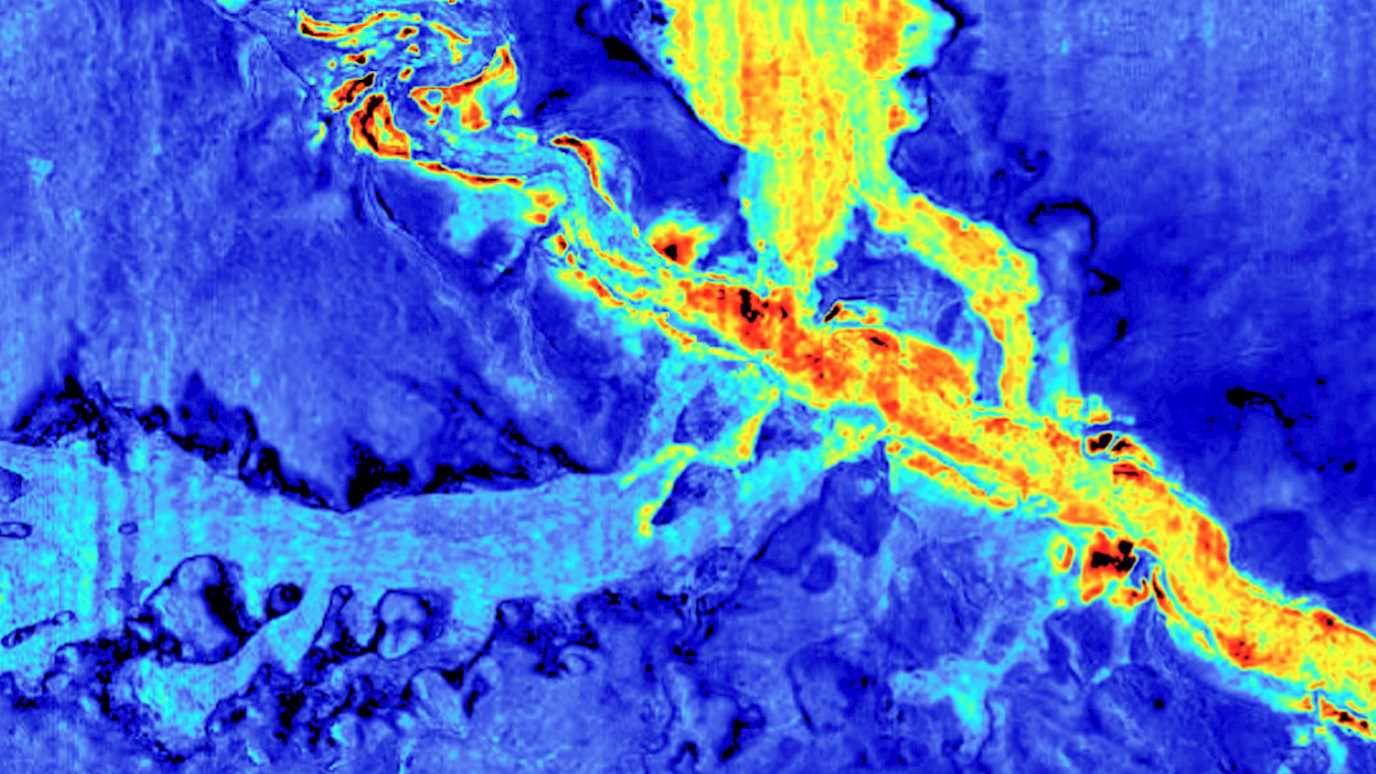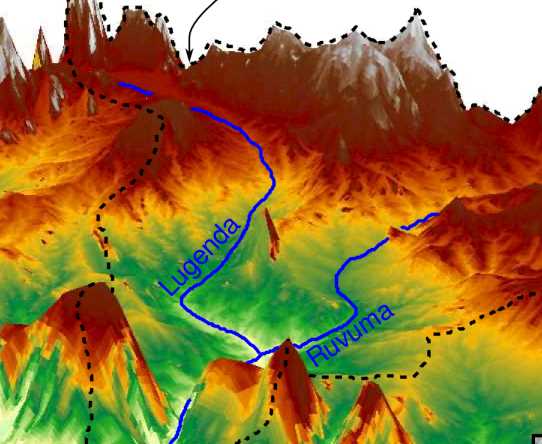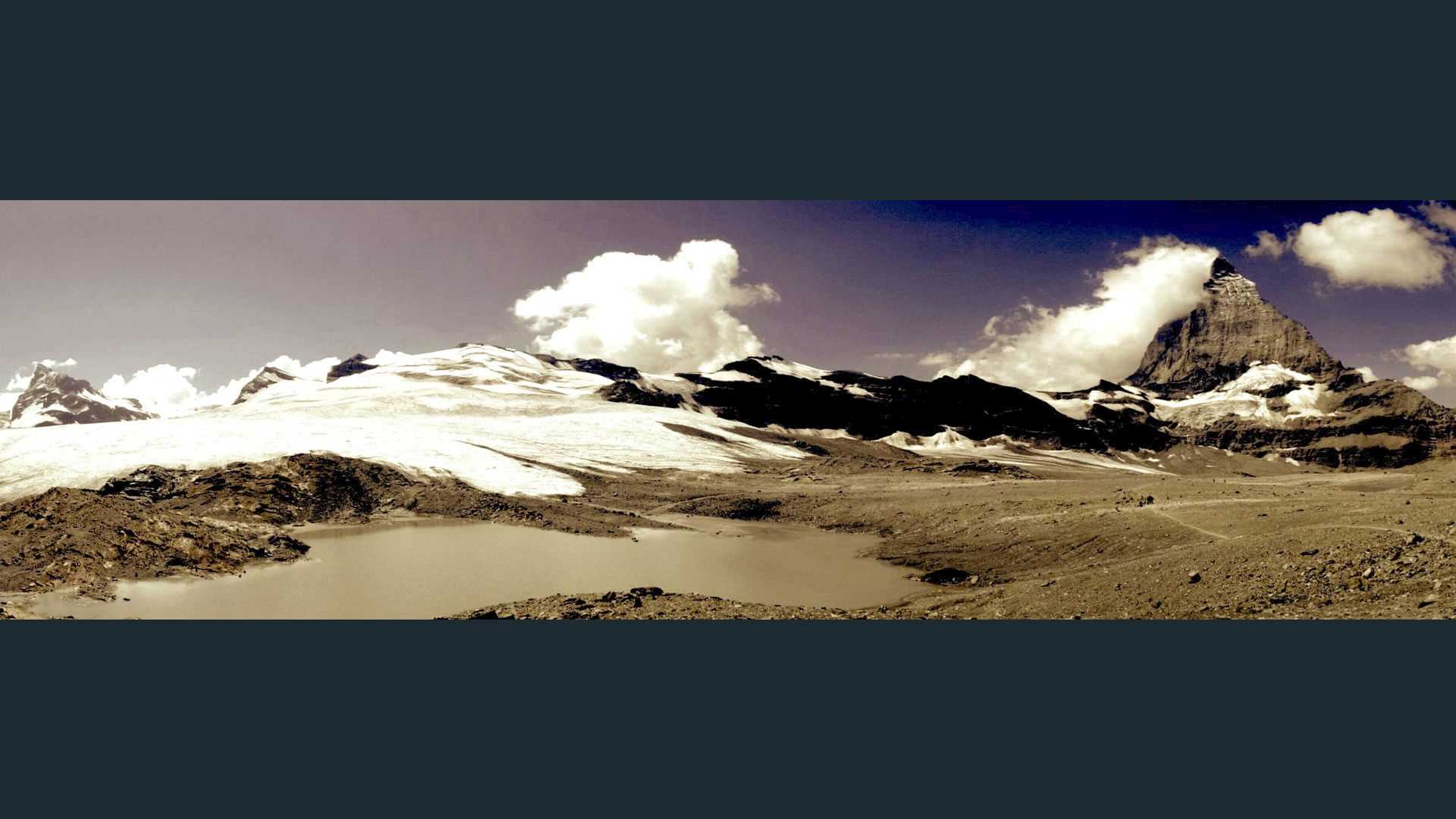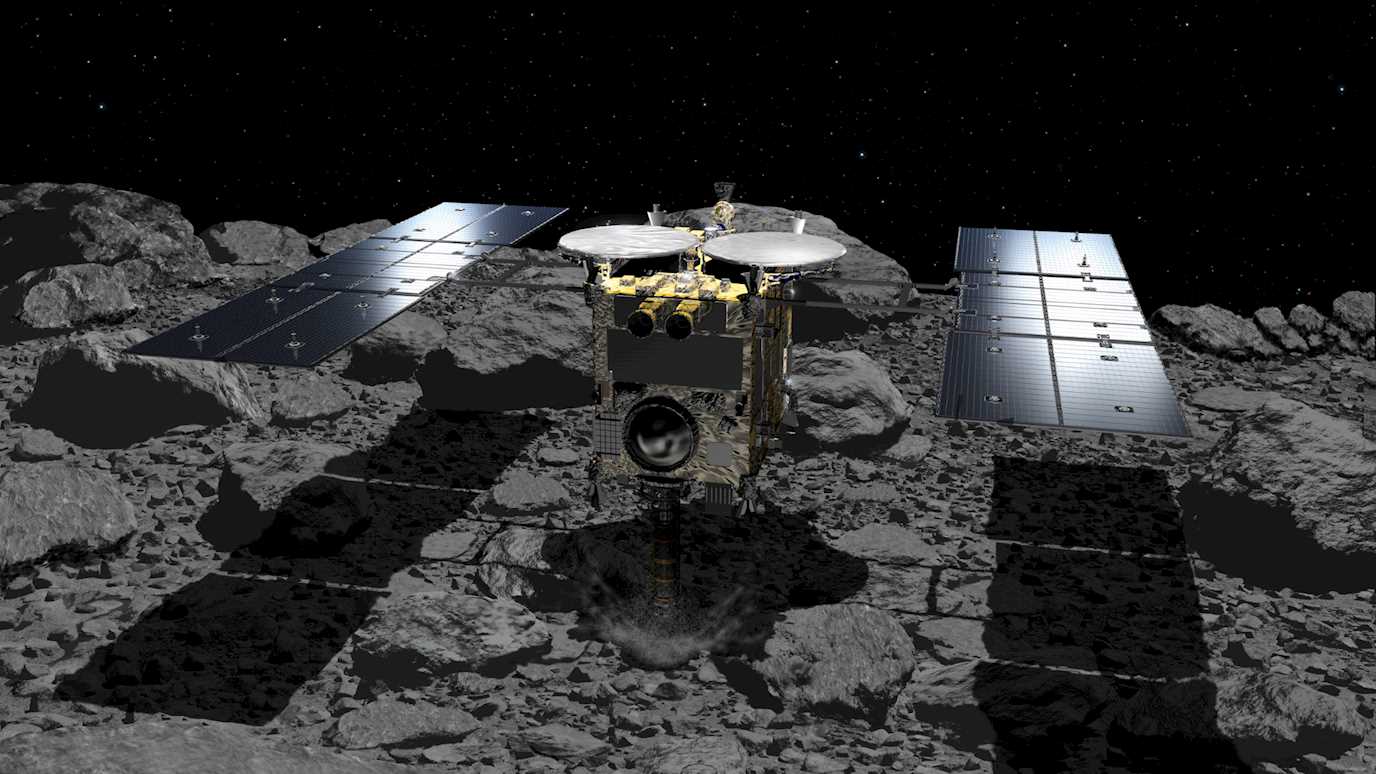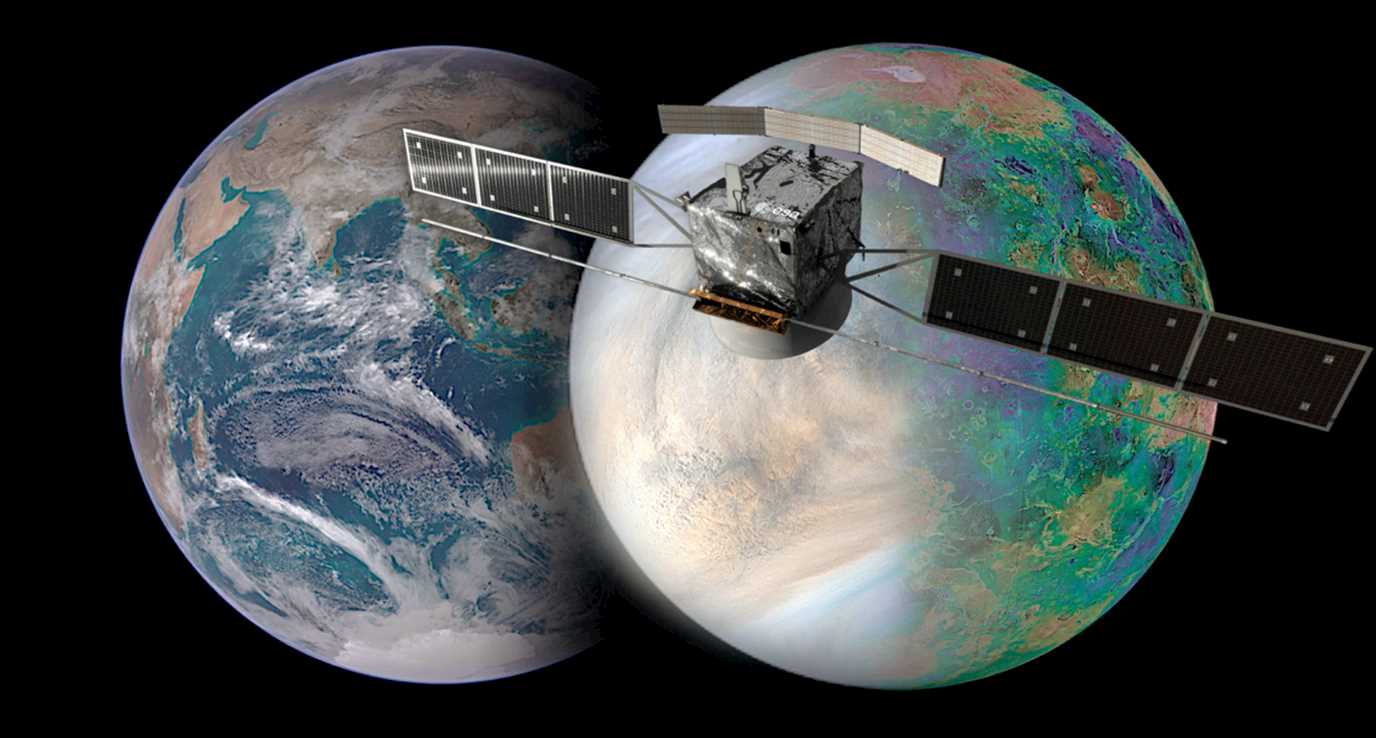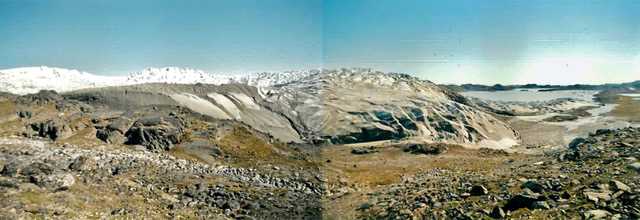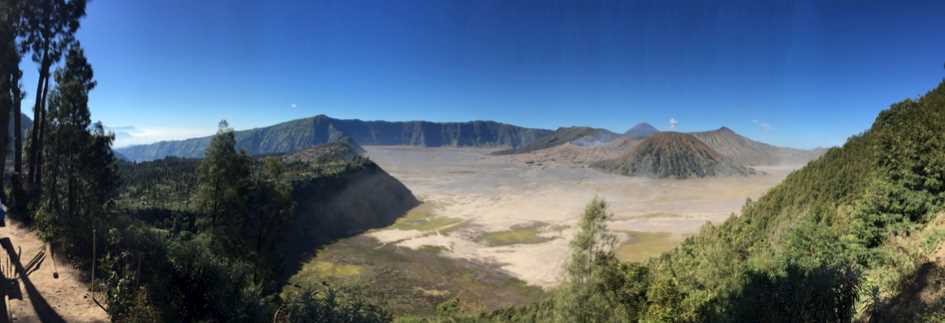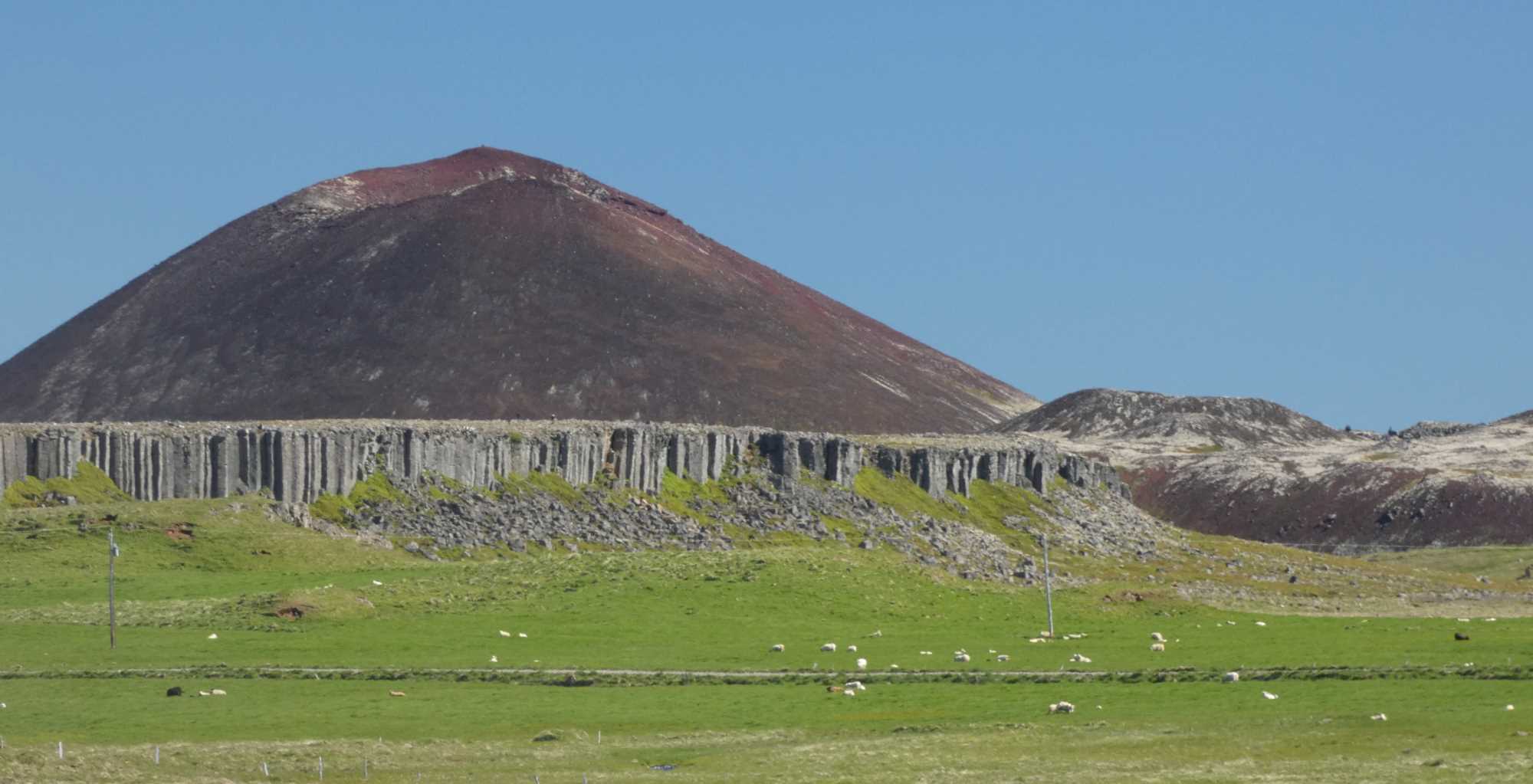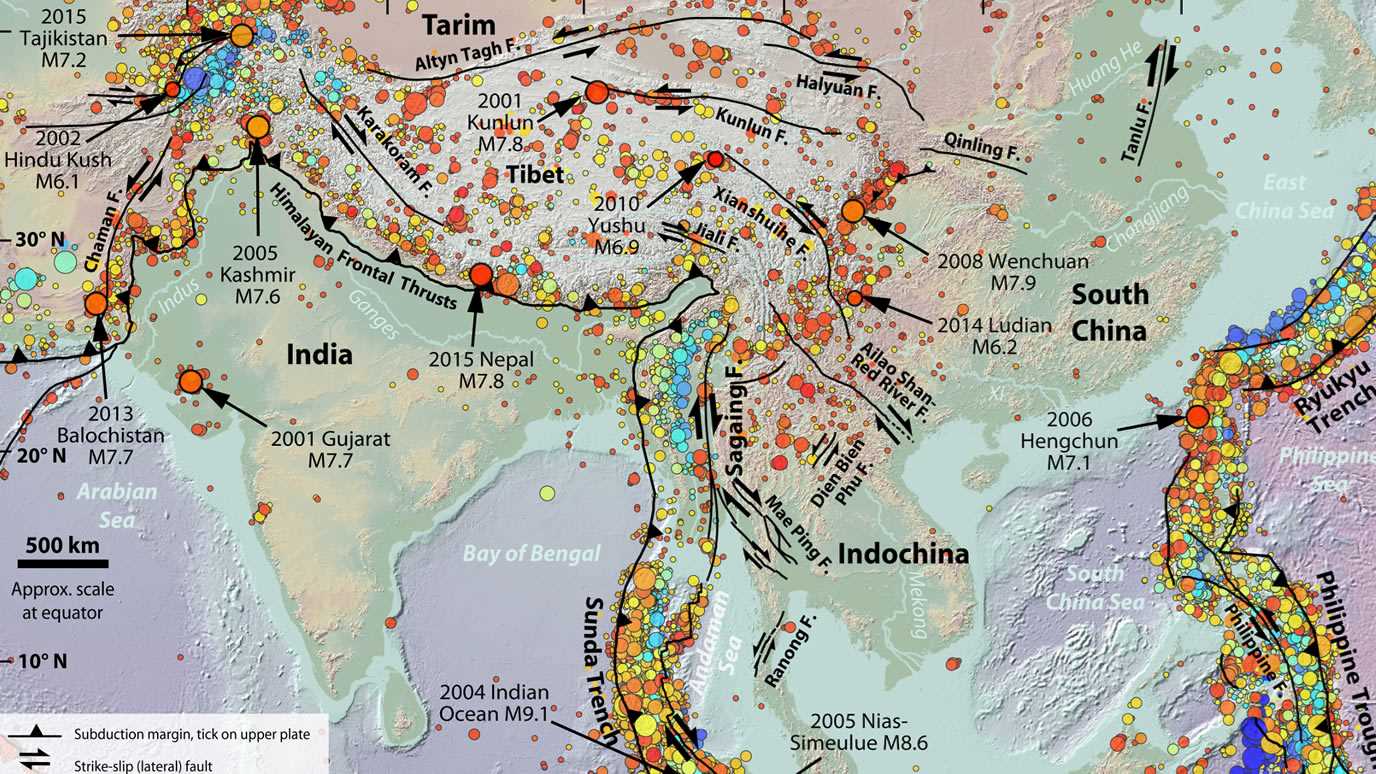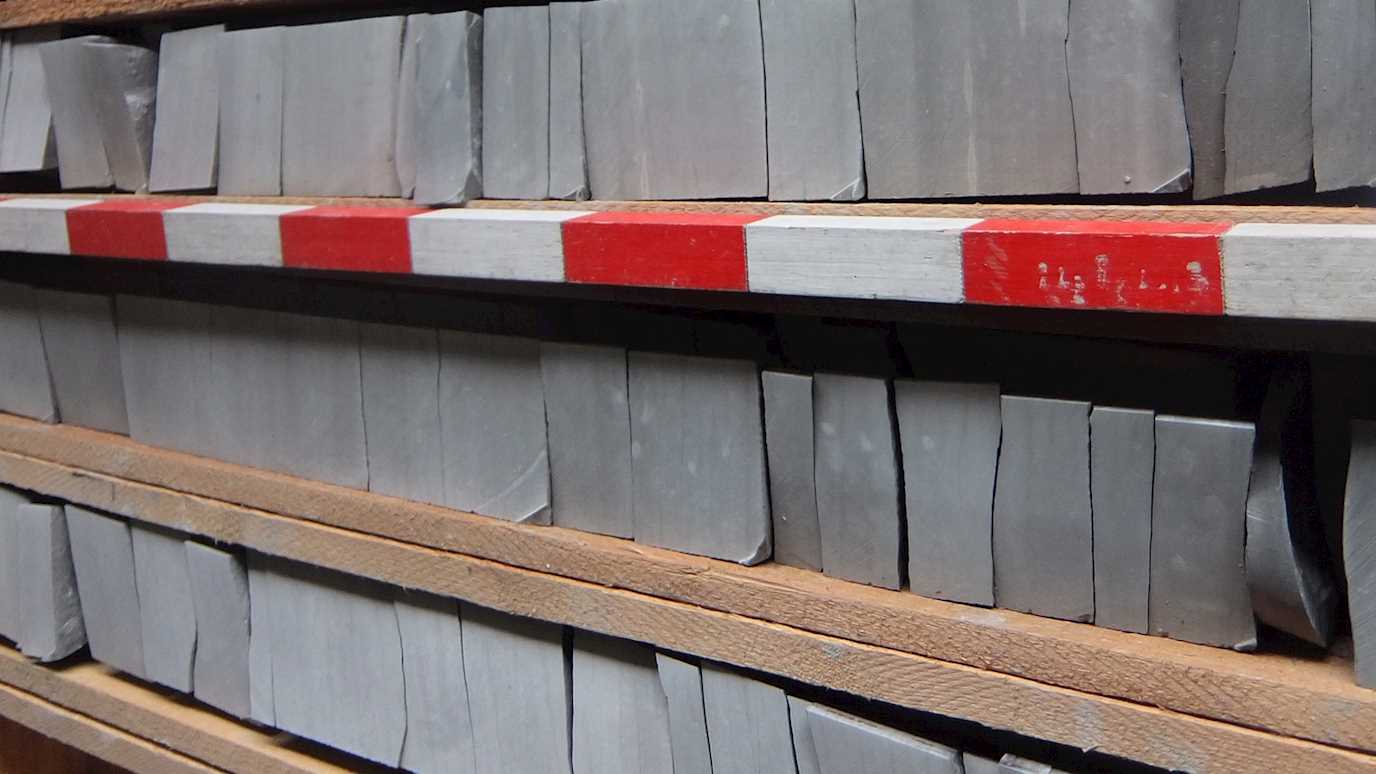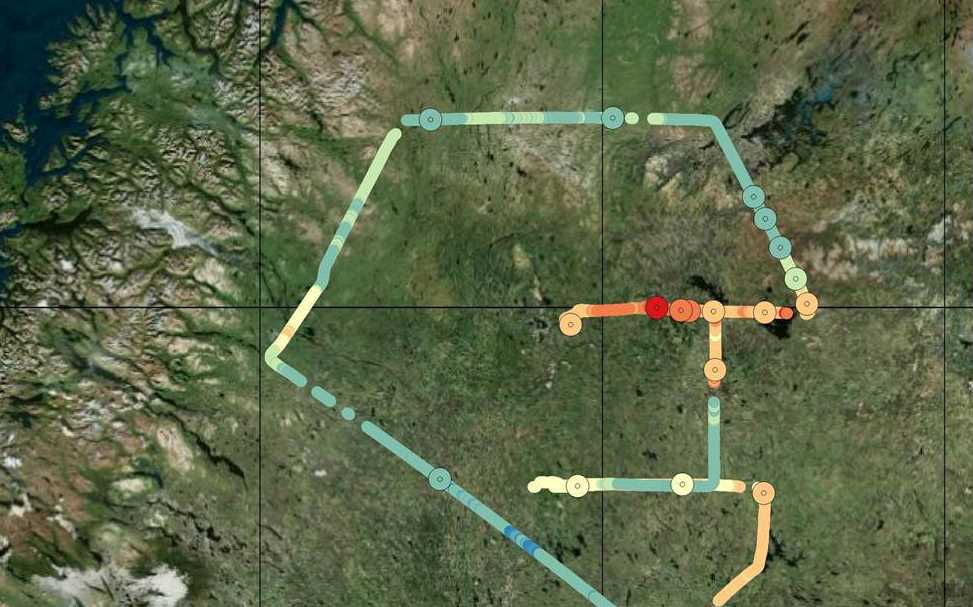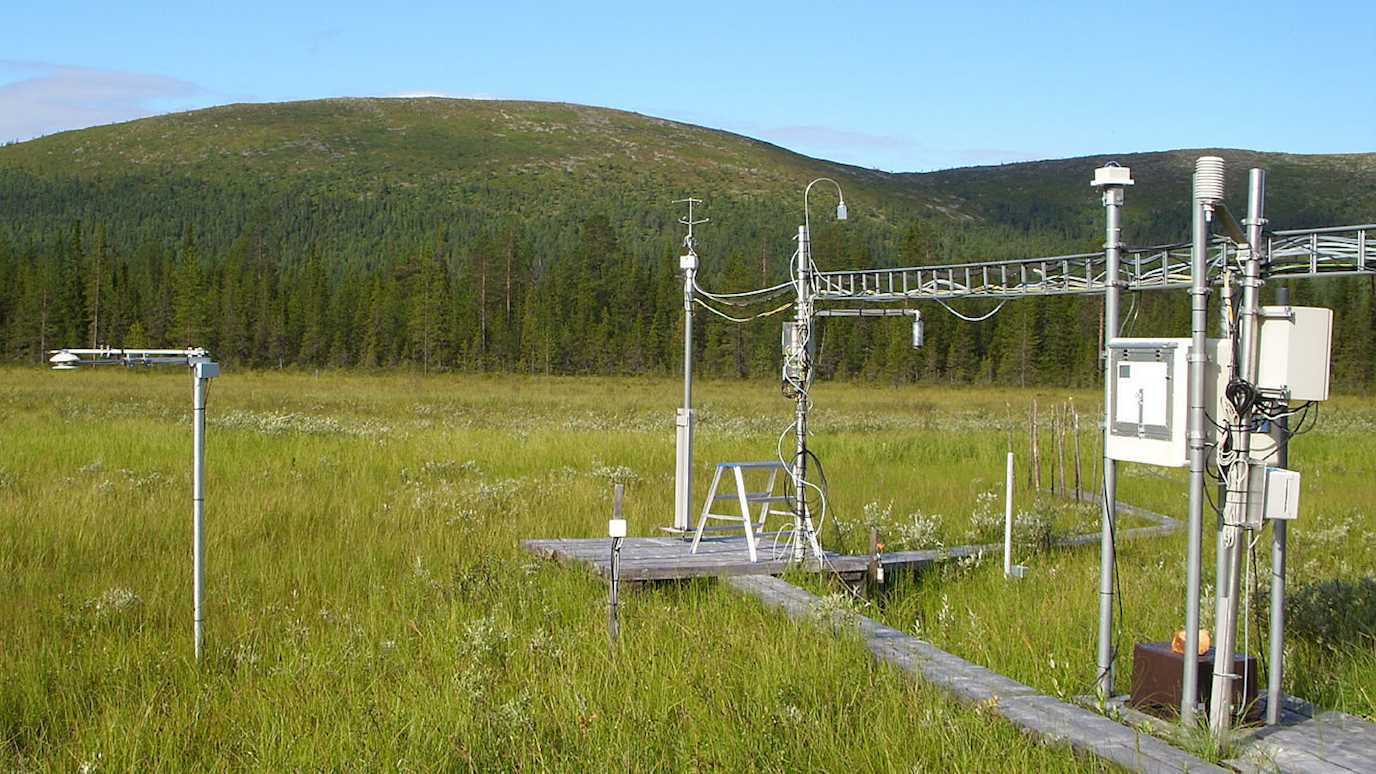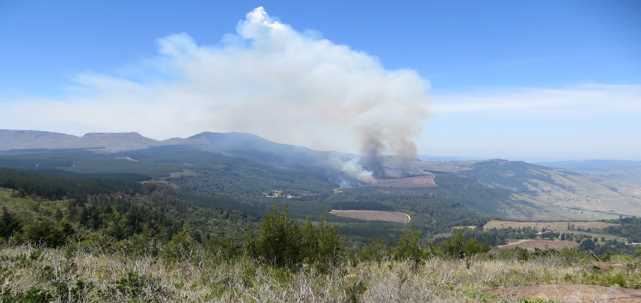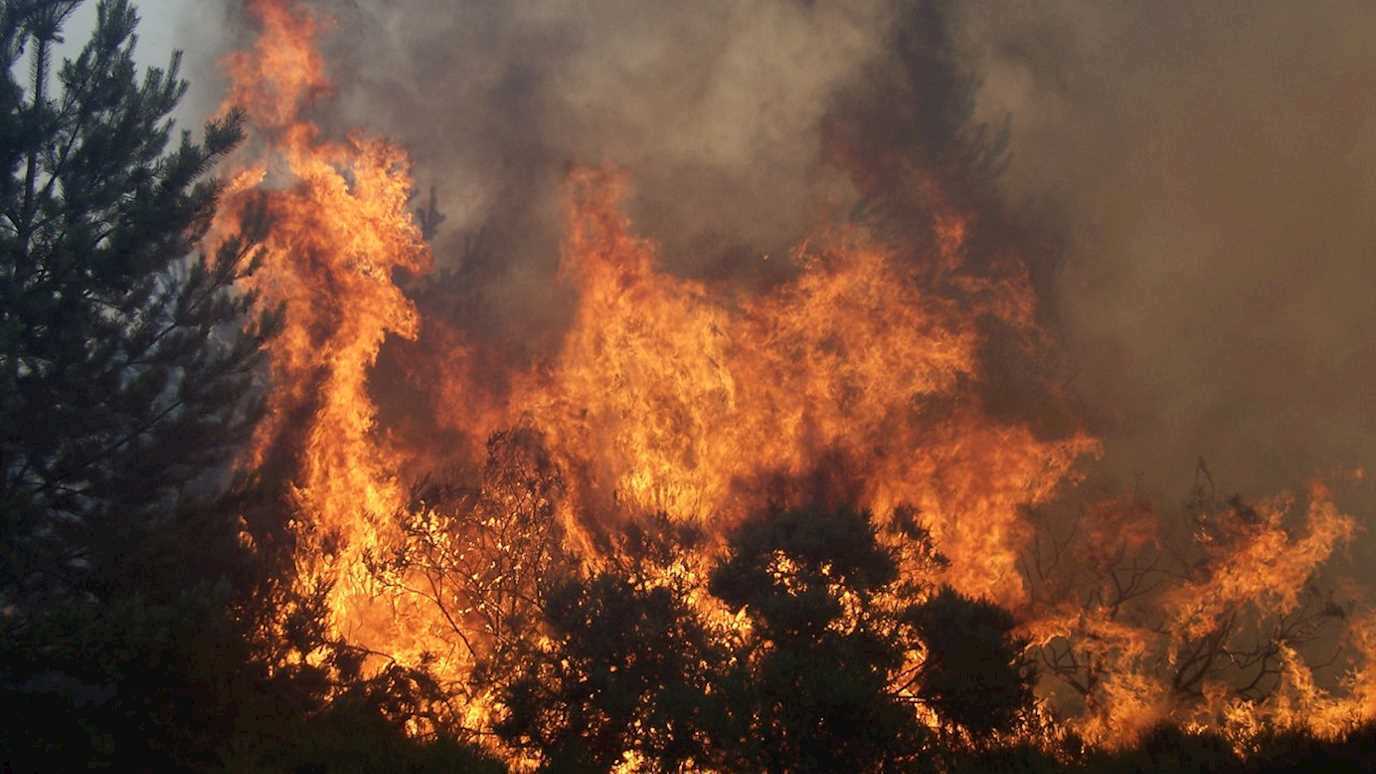COCOA is an Earth Science-led grouping with world-class expertise in Climate, Ocean and Atmosphere research. The research occurs at length scales from the sub-molecular to the planetary and temporal scales from the nanosecond to billions of years and elucidates what happened in the past as a model for the future as well as understanding how the current planet works. The Centre has a simple remit to understand controls on the climate of the planet, and to advise on how to predict and mitigate the severe consequences of climate and environmental change. COCOA brings together excellent research in Climatic, Oceanic and Atmospheric sciences to increase the quality of our research outputs, collaborate and share resources, find and nurture new impact pathways, share best practice and facilitate the training and development of future researcher leaders.
Current research topics
COCOA strengths are presently in Greenhouse gas monitoring and carbon cycle modelling, Paleoecology and biotic responses to climate change, oceanic chemistry and its interaction with global environmental change, air pollution, planetary albedo change owing to aerosol and atmospheric climate change associated with it, and the understanding of past and present day wildfires.
Research environment
At Royal Holloway, our research facilities include the clean labs and associated Neptune mass-spectrometer, a suite of instruments for measuring atmospheric gases including methane, ethane, NOx, and solar radiation. We have laboratories for planetology with associated SEM, cold labs for the generation of large tanks of sea ice, and laboratories of simulation of desert soils for calibration of Earth Observing satellites. We also have excellent computing facilities for modelling studies. The centre also has a mobile atmospheric chemistry laboratory, an automated car. Members of the centre are also heavy users of synchrotron radiation and (inter)national facilities, in x-ray, neutron and laser science.
COCOA has strong partnerships and relationships. Examples include:
- National Physical Laboratory (NPL) – shared PhD students, with and without NERC funding, and applications to ESA for the calibration of Earth Observing satellites using ground targets.
- Rutherford Appleton Laboratory (RAL) – shared PhD students and NERC/STFC funding developing new techniques in photon and neutron science for calculating the radiative cooling of the Earth by aerosol.
- British Antarctic Survey (BAS) – Multiple links focusing around Aerosol and Greenhouse gas monitoring in the southern ocean and Antarctica, with shared postdoctoral researchers and PhD students and joint NERC projects on methane measurement in Antarctica and on the new research ship RRS Sir David Attenborough.
- United Nations (UN) Methane Science Advisory panel and Global Atmospheric Watch for the Clean Air Consortium,
- British Geological Survey (BGS) and BEIS – joint projects related to environmental impacts of hydraulic fracturing.
- Met Office – joint NERC research grants into the effect of aerosol on modern climate change.
- Forest Research – Shared use of greenhouse gas monitoring tower for atmospheric chemistry experiments.
- Through our NERC ARIES DTP – 4 partner HEIs (UEA, Kent, Essex, Plymouth) and access to facilities at ~30 research organisations (e.g. BAS, John Innes Institute, PML, CEH, Met Office).
- UK Centre for Ecology and Hydrology (CEH), Wallingford – Impacts of climate change on water quality.
- UK Global Methane consortium – 14 partners including a dozen universities, British Antarctic Survey and Centre for Ecology and Hydrology is led by Members of COCOA.
- European Union’s MEMO2 infrastructure for mobile methane measurement.
- Natural History Museum, London (NHM) – shared research students and research collaboration.
Our research receives funding from the Natural Environmental Research Council (NERC), The Leverhulme Trust, the Science Technology and Facility Research Council (STFC), United Nations, and UK HM Government BEIS, and SMEs.
Besides the academic staff members listed below, CeDESS has a large community of PhD and postdoctoral researchers and research students. By organising specialist discussion meetings and research training events, we aim to build an inclusive and collaborative community with shared research interests.
Members










